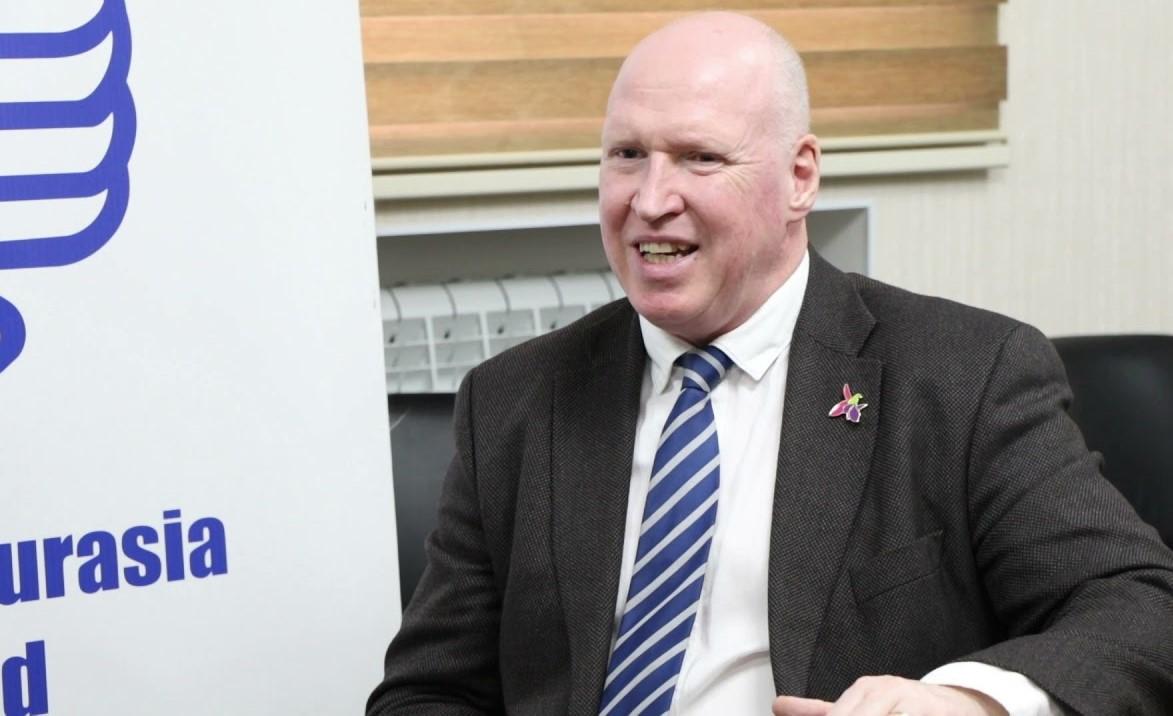Harris’ media backing vs. Trump’s foreign policy strength What will drive voter preferences
Advisors to Donald Trump are urging him to refrain from making harsh attacks against his rival, Kamala Harris, while Harris' aides suggest she should focus on economic issues.
According to Voice of America, Republican presidential candidate Donald Trump recently launched a series of critiques against Harris, the Democratic presidential candidate, particularly targeting her intelligence. Some of his allies and supporters have expressed concern over this approach and advised him to concentrate on criticizing the "failed policies" Harris promoted during her vice presidency.
During a recent speech in Asheville, North Carolina, Trump began to avoid severe comments questioning Harris' racial identity and instead focused more on policy issues, in contrast to his earlier statements. Simultaneously, Kamala Harris' advisors recommend she adjust her campaign focus to address economic concerns. They suggest that Harris should emphasize issues like reducing the cost of food, housing, and healthcare, improving credit conditions, and offering tax relief for children, as opposed to Trump's broader promises to overhaul tariffs and taxes.
The Vice President is set to reveal some details of her economic plan in an upcoming speech in North Carolina. Kamala Harris will address topics such as reducing expenses and combating "price manipulation," highlighting the significance of rising consumer prices for voters. Harris' economic platform closely mirrors that of President Joe Biden and is aimed at the middle class.
So, are we seeing a close race, or is there a clear frontrunner emerging among the candidates? What is the current state of public preference among ordinary Americans?
Renowned international experts shared their views with Caliber.Az.

According to Irina Tsukerman, the US geopolitical analyst, editor-in-chief of The Washington Outsider, it is still too early to determine the outcome of the race.
“This year has been highly unpredictable regarding electoral dynamics, and it is only in the final months preceding the election that enduring trends begin to emerge.
Moreover, we can expect intensifying attacks from the candidates, surprises in October from both sides at opportune moments, and crises that will strike and disrupt momentum in various, possibly unforeseen ways,” Tsukerman said.
According to the analyst, Harris currently holds an advantage due to the media’s open support for her and its more critical stance toward Trump.
“Harris has focused much of her efforts on addressing domestic social issues, courting women who tend to be more liberal, youth, minority voters such as Arabs and American Muslims, and key swing districts, many of which are in rural or suburban areas affected by inflation and other problems.”
On the other hand, the current race appears to be primarily a personal contest focused on winning votes and making a genuine attempt to sway independent or undecided voters, or to persuade opponents to switch sides. It remains unclear whether shifting to a more targeted critique of Harris’ tenure as Vice President will be significant, given her limited role and relatively low visibility among voters.
Conversely, despite a fragmented and unfocused campaign and extremely negative publicity, many independent voters find Trump to be a more appealing choice. This perception is based on his experience in conflict resolution, achievements in foreign policy, such as maintaining relative peace and stability during his term, and, most notably, the absence of the existential threats his critics had predicted would result from his presidency. Indeed, Trump seems to gain favor simply by being less volatile than anticipated,” Tsukerman noted.
According to the pundit, Harris’ campaign is more focused on opposing Trump and his party than on any real achievements.
"Trump has been heavily invested in his campaign against Biden and is now struggling to develop a cohesive attack line against a younger, tougher opponent who can appeal to both the centrist and progressive wings of his party.
Trump's campaign also targets minority groups who increasingly feel abandoned by the Democrats, such as African Americans and Latinos. Ultimately, issues like the economy, inflation, border security, and overall leadership style are likely to be decisive factors, although neither candidate has a clear plan for addressing runaway spending and other entrenched problems.
Trump is generally perceived as stronger in foreign policy. The Biden administration is making its utmost to achieve diplomatic and military successes before the election, such as breaking through on the Russian-Ukrainian front, negotiating a ceasefire agreement between Israel and Hamas, and avoiding direct confrontation with Iran and China. Failure in any of these areas would revert the situation to the status quo, positioning Trump as a clearly stronger leader on security and defence issues.
Nevertheless, most Americans tend to overlook foreign policy, even in critical times, focusing instead on domestic issues such as the economy, border security, and energy,” Tsukerman added.

Certainly, the race appears to be highly competitive, and either candidate could win in November, says Irish political scientist and historian Patrick Walsh.
"The Democrats might have had an advantage over Trump if they had selected the right candidate. This is because Trump is a highly polarizing figure. Furthermore, since he has already served as president, his record is open to criticism, unlike other candidates.
The challenge faced by the Democrats was convincing the ailing President Biden to step aside for another candidate. It was clear that any competent candidate could energize the Democratic campaign and defeat Trump.
However, Biden's failure to support the campaign effectively and his disastrous public appearances meant he needed to be removed under pressure from major donors. This created a sense that Trump's victory was inevitable if Biden remained the candidate. The subsequent removal of Biden left only one viable replacement, Kamala Harris, who was far from ideal. She was not highly respected even within the Democratic Party and had a poor reputation as Vice President.
Nevertheless, this sudden and late change provided the Democrats with one advantage: it significantly disrupted the Republican campaign, which had been proceeding on autopilot in anticipation of facing Biden. The Republicans have struggled to adjust and have not yet established a strong foothold needed to defeat the new Democratic candidate. The battleground, which is critical in swing states, remains the white, blue-collar workers’ votes in the Rust Belt,” the political analyst said.
According to Walsh, the outcome of the election will likely hinge on two or three key states, as most of America is already polarized and has largely made up its mind about whom to support.
"Harris benefits from backing by the liberal establishment and its powerful media. While she may not be highly regarded by them, they view her as controllable and obedient to their interests. They will portray her in the most favorable light to help her secure a win in November.
The Republican campaign is currently struggling due to its lack of coherence, which plays into Harris' favor. The US economy is in a very delicate state and could deteriorate sharply. Economic indicators are troubling, and major investors are shifting their money, signaling concern among informed insiders. To sum up, as the American expression goes, ‘have it all to play for’ this November," Walsh concluded.








